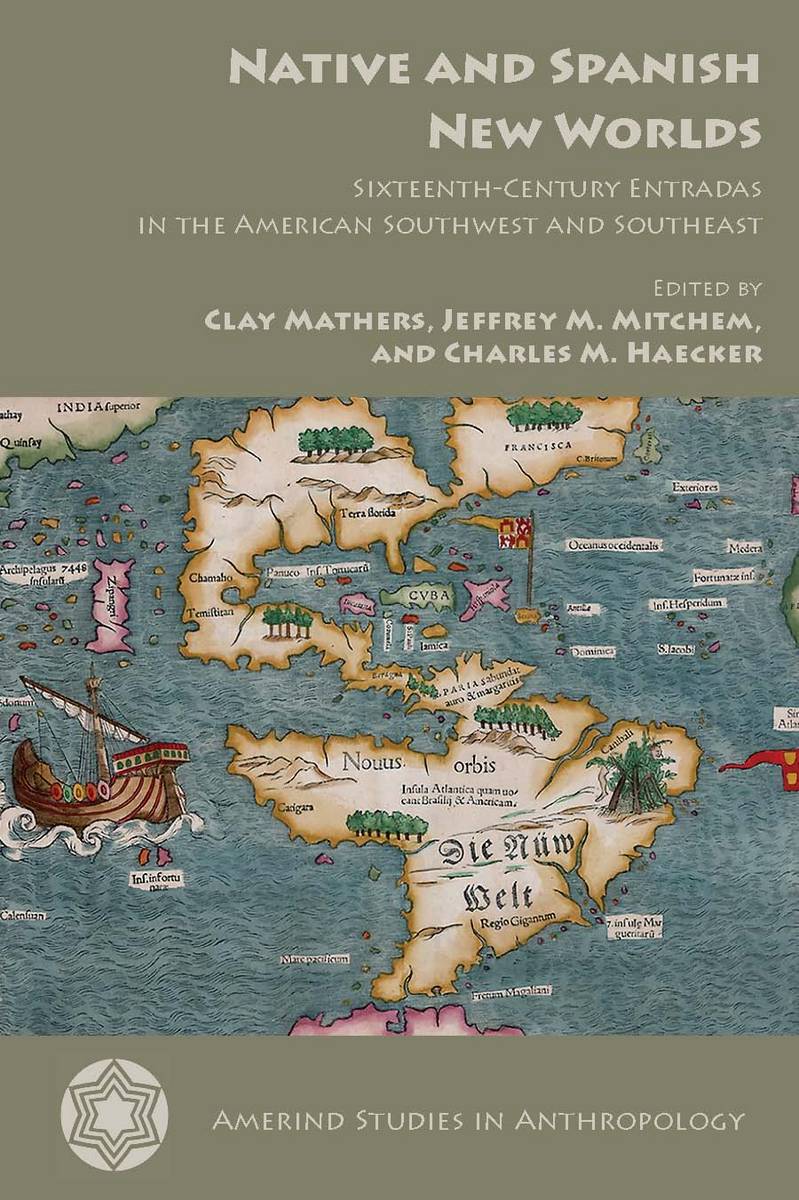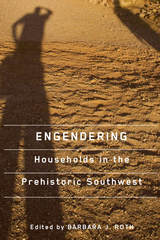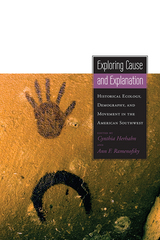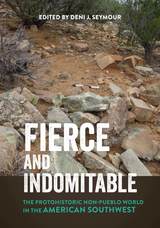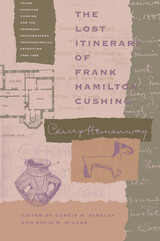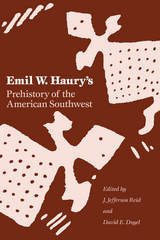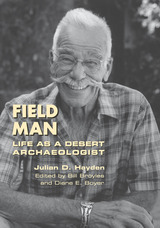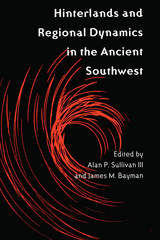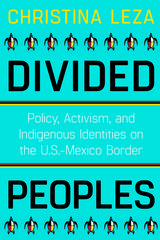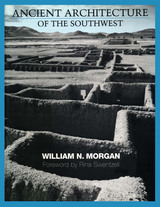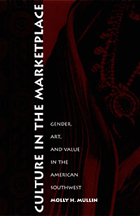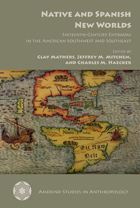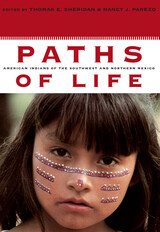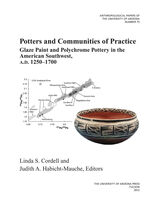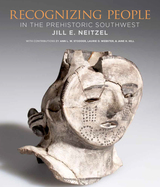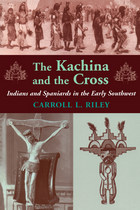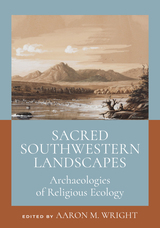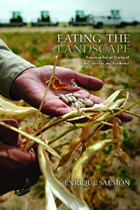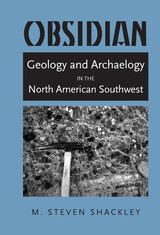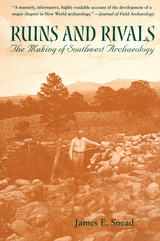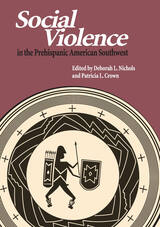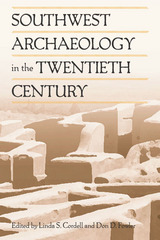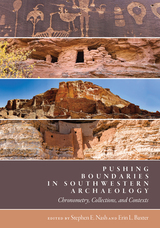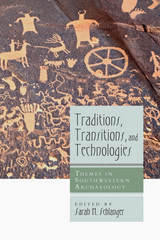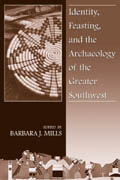Native and Spanish New Worlds: Sixteenth-Century Entradas in the American Southwest and Southeast
University of Arizona Press, 2013
eISBN: 978-0-8165-9985-1 | Paper: 978-0-8165-3122-6 | Cloth: 978-0-8165-3020-5
Library of Congress Classification E78.S7N36 2013
Dewey Decimal Classification 979.01
eISBN: 978-0-8165-9985-1 | Paper: 978-0-8165-3122-6 | Cloth: 978-0-8165-3020-5
Library of Congress Classification E78.S7N36 2013
Dewey Decimal Classification 979.01
ABOUT THIS BOOK | AUTHOR BIOGRAPHY | REVIEWS | TOC
ABOUT THIS BOOK
Spanish-led entradas—expeditions bent on the exploration and control of new territories—took place throughout the sixteenth century in what is now the southern United States. Although their impact was profound, both locally and globally, detailed analyses of these encounters are notably scarce. Focusing on several major themes—social, economic, political, military, environmental, and demographic—the contributions gathered here explore not only the cultures and peoples involved in these unique engagements but also the wider connections and disparities between these borderlands and the colonial world in general during the first century of Native–European contact in North America. Bringing together research from both the southwestern and southeastern United States, this book offers a comparative synthesis of Native–European contacts and their consequences in both regions. The chapters also engage at different scales of analysis, from locally based research to macro-level evaluations, using documentary, paleoclimatic, and regional archaeological data.
No other volume assembles such a wide variety of archaeological, ethnohistorical, environmental, and biological information to elucidate the experience of Natives and Europeans in the early colonial world of Northern New Spain, and the global implications of entradas during this formative period in borderlands history.
No other volume assembles such a wide variety of archaeological, ethnohistorical, environmental, and biological information to elucidate the experience of Natives and Europeans in the early colonial world of Northern New Spain, and the global implications of entradas during this formative period in borderlands history.
See other books on: Discovery and exploration | First contact with Europeans | Native | Southwest, New | Spanish
See other titles from University of Arizona Press
